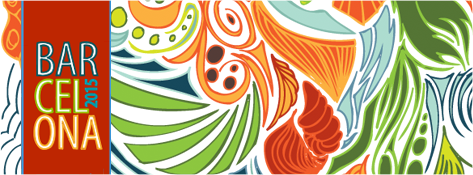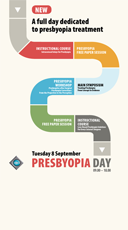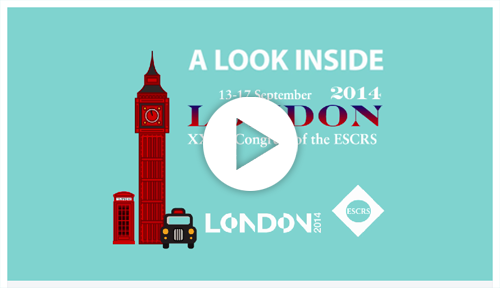Posters
(results will display both Free Papers & Poster)
Nd:YAG capsulotomy rates: femtosecond laser-assisted cataract surgery vs manual phaco
Poster Details
First Author: V.Vargas USA
Co Author(s): D. Tran L. Garbutt
Abstract Details
Purpose:
To compare the Nd:YAG posterior capsulotomy rates after Cataract Surgery performed using a femtosecond laser (Lensx) vs Manual technique.
Setting:
Coastal Vision Medical Group, California, USA
Methods:
Retrospective chart analysis study of 1422 eyes that underwent cataract surgery between August 2011 and August 2013. The cases were divided into two groups depending on surgical technique FLACS (n=813) and Manual (n=609). The rate of Nd:YAG posterior capsulotomy was assessed for these two groups, and then stratified by type of IOL implanted (accommodating, monofocal and multifocal).
Results:
The overall YAG rate was 10.4%; when stratified by surgical technique, FLACS rate was lower than Manual surgery (8.8% vs 12.6%). Accommodating IOLs had the highest Nd:YAG rates amongst all IOL groups, and there was no difference by technique (FLACS 20.1%, Manual 21.2%). Patients with multifocal IOLs operated with FLACS (6.2%) had significantly lower YAG rates than Manual (15.4%). Similar situation for Monofocal IOLs (7.4% vs 11.8%).
Conclusions:
Femtosecond laser assisted cataract surgery creates a perfectly round, small, overlapping over the IOL edge, which enhances shrink-wrapping around the IOL, thus reducing the rate of PCO that requires Nd:YAG laser posterior capsulotomy in eyes implanted with IOLs with square edge (multifocal and monofocal IOLs)
Financial Disclosure:
One or more of the authors research is funded, fully or partially, by a company producing, developing or supplying the product or procedure presented





